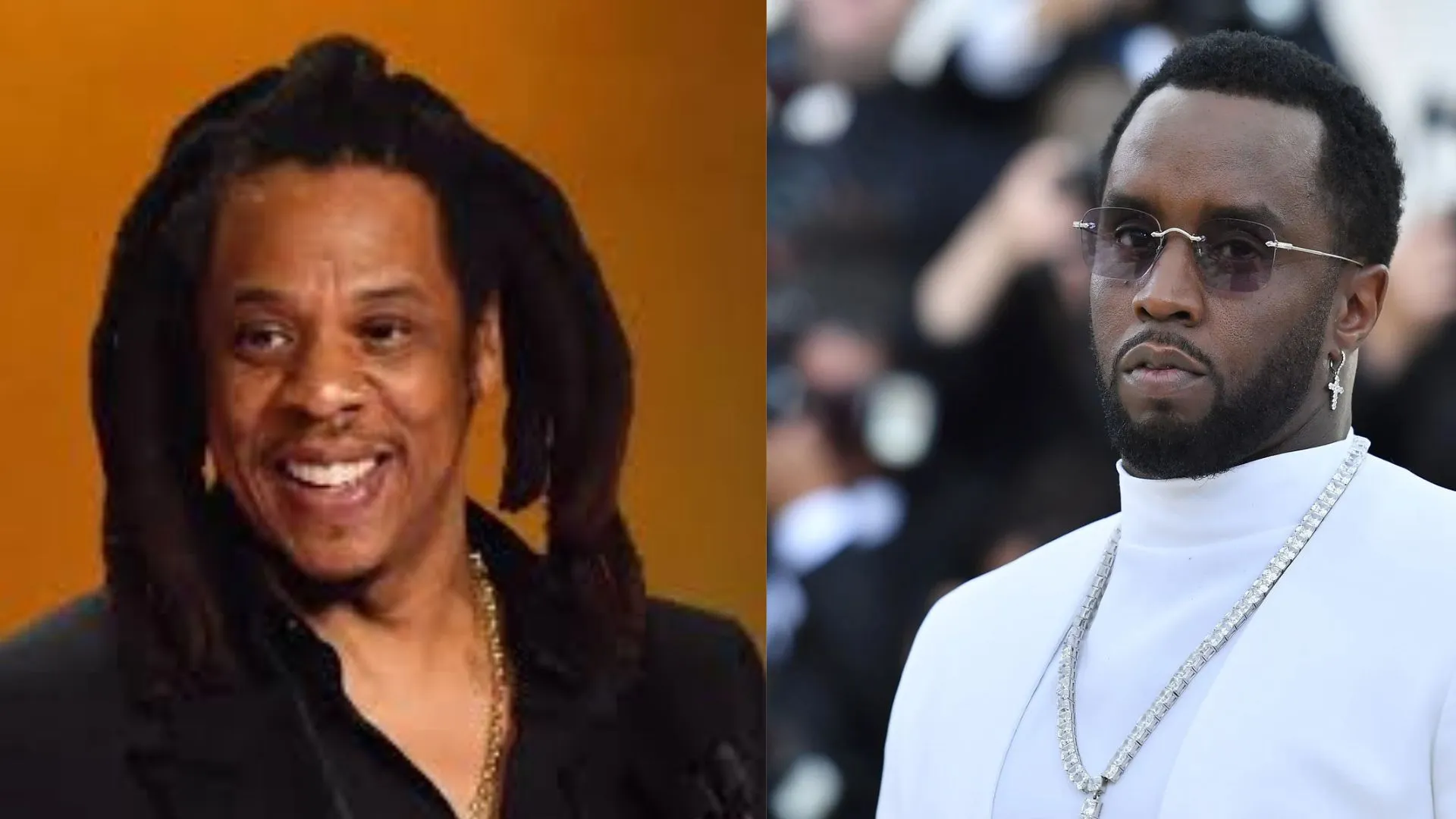The issue of political funding has been a subject of much debate in India, with concerns raised about the influence of various corporates and other individuals in the political and electoral process. To address these issues, the Government of India introduced the Electoral Trusts Scheme in 2013, which aimed to streamline the fundraising process and ensure transparency of corporate contributions to political parties’ election costs. However, the issue is that political parties often do not disclose their finances openly due to legal restrictions and loopholes. While some efforts have been made to regulate political financing, there is still a long way to go to ensure a transparent and fair system of political funding. A recent analysis conducted on the Income Tax Returns and donations statements filed with the ECI revealed that between the fiscal years 2004-05 and 2020-21, national political parties have received a total of Rs 15,077.97 crore from unknown sources.
Suggestions made in the ADR report to improve transparency in the funding process include that no part of Form 24A submitted by political parties providing details of donations above Rs 20,000 should be allowed to be left blank. Additionally, all donors should be required to furnish their Permanent Account Number (PAN) details if donating above Rs 20,000. The report suggests that national parties should lead by example by filing complete and correct statements of donations to the ECI and providing all information about their finances under the Right to Information Act. The Chief Election Commissioner Rajiv Kumar also proposed certain reforms in the political donations system of India to the Law Minister Kiren Rijiju in September 2022, including capping cash donations at 20 per cent or Rs 20 crores (whichever is lower). Other suggestions include reducing the limit of anonymous donations made to the parties from Rs 20,000 currently to Rs 2,000. Another suggestion by the Commissioner included requiring candidates to maintain a separate bank account for election expenses, to be done through an Amendment to Rule 89 of Conduct of Election Rules, 1961. The reforms proposed by the CEC are still under consideration and subject to the approval of the Law Commission. As of now, none of them have been carried out.

















